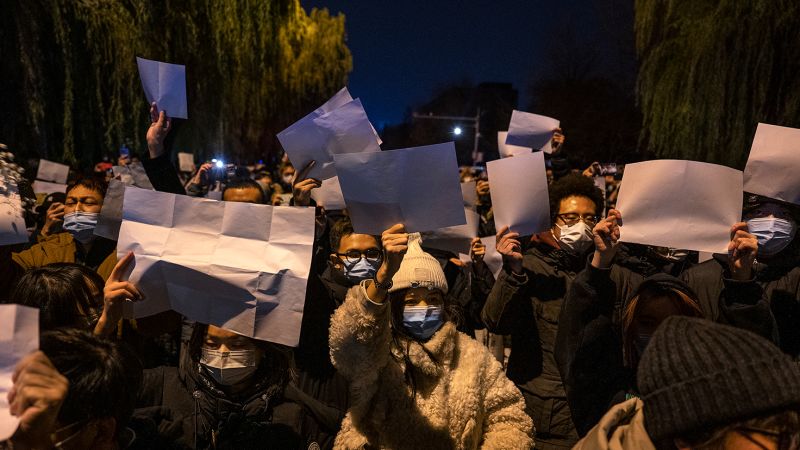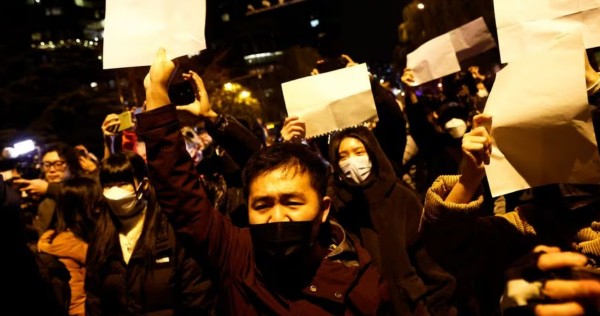


In a significant development regarding the suppression of dissent in China, filmmaker Chen Pinlin has been sentenced to three-and-a-half years in prison by a Shanghai court on January 6, 2025. This sentence stems from his documentary titled 'Urumqi Middle Road,' which chronicles the 'White Paper' protests against China's zero-COVID policy that erupted in late 2022. Chen was convicted of 'picking quarrels and provoking trouble,' a charge frequently employed by the Chinese government to silence dissenters [1d298271].
The protests were ignited by a tragic apartment fire in Urumqi, the capital of Xinjiang, which resulted in numerous casualties and highlighted the plight of Uyghur families. The demonstrations quickly spread across the nation, marking the largest wave of protests since the Tiananmen Square movement in 1989. Following these events, the Chinese government ultimately abandoned its stringent 'Zero COVID' policy, but the protests have left an indelible mark on the country's political landscape [4381cddc].
Chen was detained in November 2023 after he released his documentary on platforms like YouTube and X, which are inaccessible within China. His work has drawn international attention, with rights groups advocating for his release, asserting that he served the public interest by documenting these pivotal protests [1d298271].
The Chinese government's ongoing efforts to erase the memory of the 2022 protests, including the censorship of related content and the targeting of individuals like Chen, underscore the regime's determination to control the narrative surrounding dissent. These actions further emphasize the critical need for preserving historical memory and challenging state-sanctioned narratives in China [4381cddc][deed2eb0].